Daffodils in compost?
cornelius
10 years ago
Related Stories
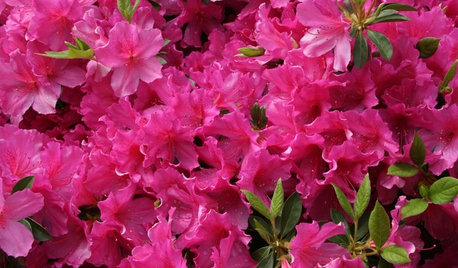
SOUTHEAST GARDENINGSoutheast Gardener's April Checklist
Stock up on herbs, keep clippers away from the daffodils and watch for signs of a major impatiens threat
Full Story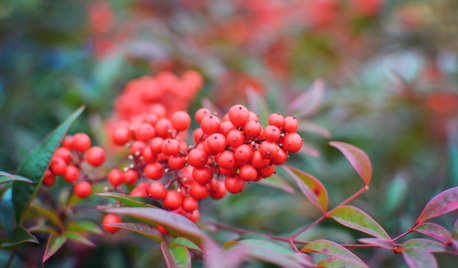
GARDENING GUIDESMid-Atlantic Gardener's January Checklist
Scatter berries while ye may, be kind to your fair-feathered friends and try a time-saving compost trick that will keep you out of the cold
Full Story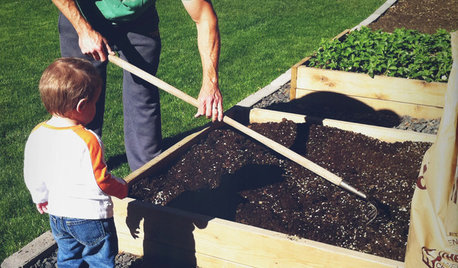
GARDENING GUIDESSouthern California Gardener's September Checklist
Before prime planting time, clean out the old garden, prepare for the new, and dream up ideas for fall flowers and veggies
Full Story0
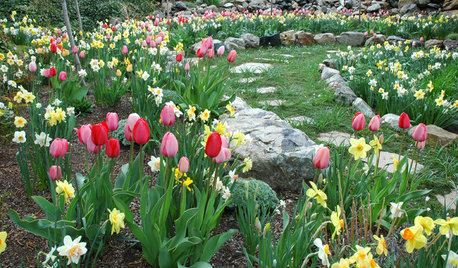
GARDENING GUIDESGardening With Kids: How to Plant Bulbs
You don't need expertise to get flowering bulbs in the ground in fall — but kids will feel like gardening pros come spring
Full Story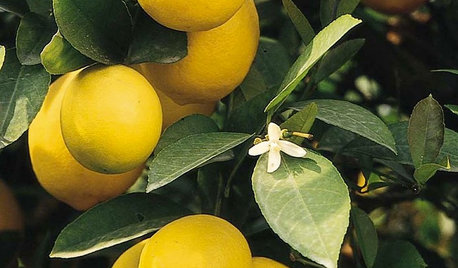
CALIFORNIA GARDENINGCalifornia Gardener's February Checklist
Celebrate 5 California classics: plants that defy winter with bright flowers, luscious fragrance and, for some, delicious taste
Full Story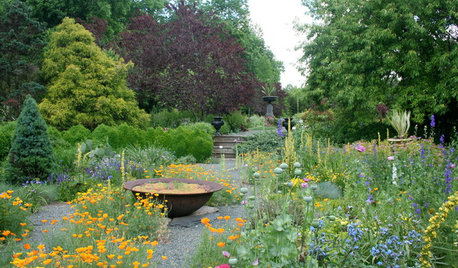
REGIONAL GARDEN GUIDESSoutheast Gardener's February Checklist
Pinch, prune and prepare this month — springtime's riches in the garden will be here before you know it
Full Story
GARDENING GUIDESNew Ways to Think About All That Mulch in the Garden
Before you go making a mountain out of a mulch hill, learn the facts about what your plants and soil really want
Full Story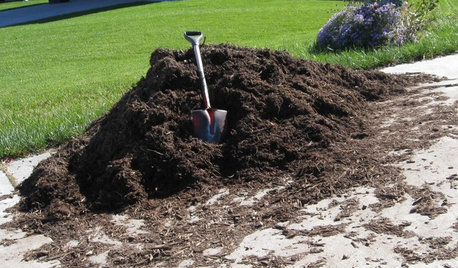
FRONT YARD IDEASBefore and After: Front Lawn to Prairie Garden
How they did it: Homeowners create a plan, stick to it and keep the neighbors (and wildlife) in mind
Full Story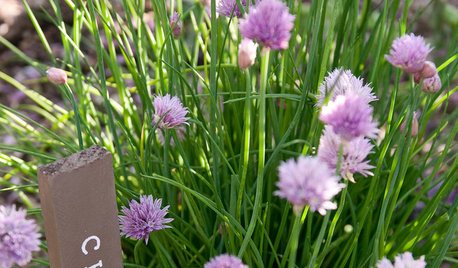
GARDENING GUIDESSimple Pleasures: Savor the First Spring Day in the Garden
How will you answer the call of the garden once the birds are chirping, the bulbs are blooming and the air is inviting?
Full Story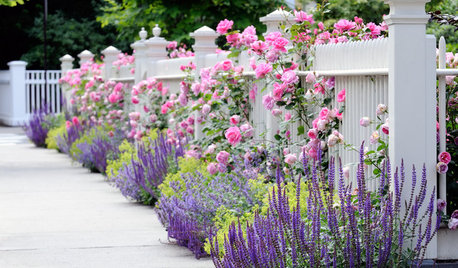
GARDENING GUIDES10 Tips to Start a Garden — Can-Do Ideas for Beginners
Green up your landscape even if you're short on time, money and knowledge, with these manageable steps for first-time gardeners
Full StoryMore Discussions







Kimmsr
TXEB
Related Professionals
West Milford Landscape Architects & Landscape Designers · Arnold Landscape Architects & Landscape Designers · Wakefield Landscape Contractors · McLean Landscape Contractors · Monterey Landscape Contractors · Muttontown Landscape Contractors · New Cassel Landscape Contractors · Rockwall Landscape Contractors · Webster Groves Landscape Contractors · Coronado Decks, Patios & Outdoor Enclosures · Atlantic City Decks, Patios & Outdoor Enclosures · Columbia Decks, Patios & Outdoor Enclosures · Kissimmee Decks, Patios & Outdoor Enclosures · Wilmington Decks, Patios & Outdoor Enclosures · Decks, Patios & Outdoor EnclosuresKimmsr
lazy_gardens
kitasei
floral_uk z.8/9 SW UK
david52 Zone 6
lazy_gardens